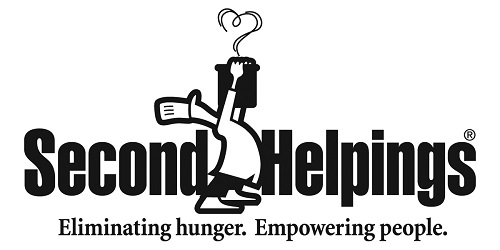Society has solved or improved a lot of problems. Communication, transportation, and production have all seen meteoric improvement in the last century, which itself saw immense improvements over the century before. Laws and changing social attitudes have reduced discrimination to a noteworthy injustice rather than simply the commonly accepted way of thinking. We live in a world where, in most parts of it, people have relative security compared to what people experienced even a hundred years ago. But one problem remains largely unchanged – poverty.
To be sure, there are less people in extreme poverty today. Only about twenty percent of the world’s population is currently in extreme poverty, when it was twice that thirty years ago. But for those who are under the absolute poverty line – those living on only a dollar or two a day – their condition is no better than it was five hundred years ago. Destitution means a life without a sure source of food, clean water, and shelter, as well as poor health and deep vulnerability to violence. And while extreme poverty is much more prevalent in third world countries, even developed nations grapple with it.
It’s an important topic to understand. And the library has a lot of resources for that. A database like Opposing Viewpoints in Context has a lot of information about the causes, consequences, and methods to fight poverty. Try a search for Poverty or World Hunger to see hundreds of viewpoint articles, journal articles, statistics, and vetted websites. Or, try a social issues database like SocIndex or ProQuest Social Sciences – this sample search will get you started. And if you prefer books, we have titles like Hunger:
A Modern History by James Vernon, Hunger and Poverty: Causes, Impacts and Eradication: Food Security: Quality Management, Issues and Economic Implications by Maddox Jones, Closing the Food Gap by Mark Winne, World Hunger edited by Claire Stanford (HC79.F3 W65 2007), Our Day to End Poverty: 24 Ways You Can Make a Difference by Shannon Daley-Harris, or Hunger: An Unnatural History by Sharman Russell.
But beyond understanding, it’s important to take action. And our community is a great place to start! Frances Moore Lappé started the work that would lead to her seminal book Diet for a Small Planet when she was a student at Earlham, right here in Richmond. So never doubt that you can help, too. On Sunday, April 6 at 3 pm, at West Richmond Friends Meeting (609 W. Main St.) there is an important meeting with Second Helpings to plan summer events. We hope to see you there! And please consider the other many local opportunities also, whether you can give time for one event or an on-going program. Any and all help is appreciated! To find out more, contact the IU East Center for Service-Learning iueastsl@iue.edu or (765) 973-8411.


